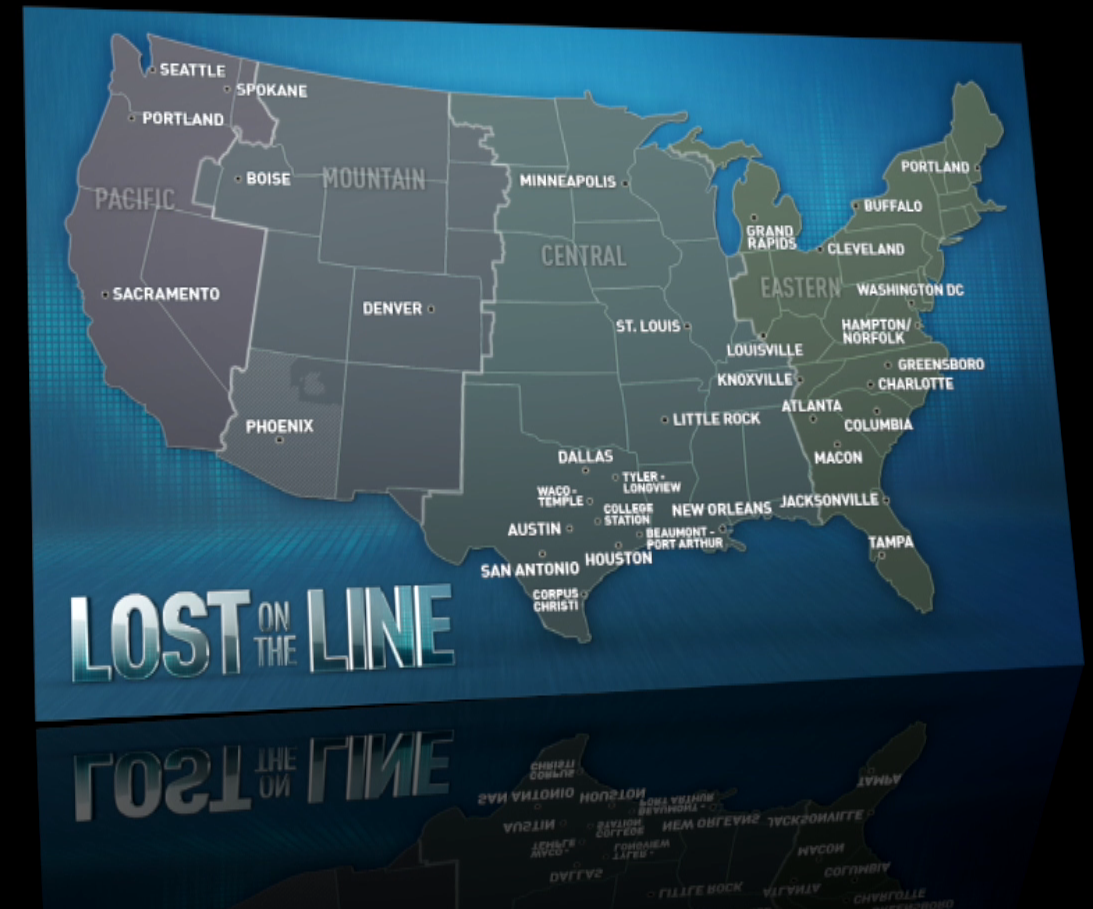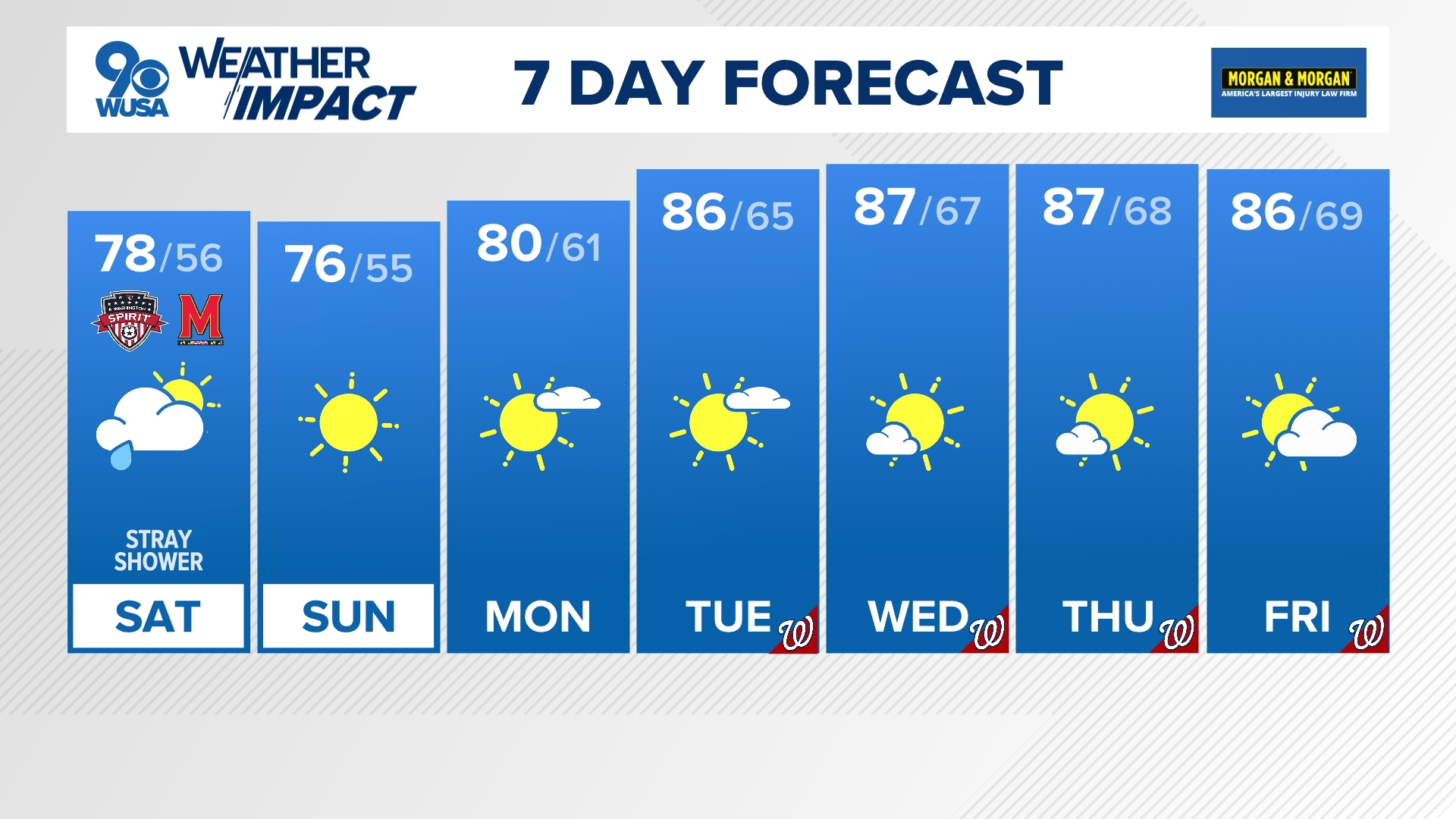WASHINGTON (WUSA9) – A WUSA9 investigation, in partnership with USA TODAY and Gannett Broadcasting, has found DC area 911 systems and others across the country are often unable to see your cell phone's location in an emergency.
"It's the carriers," said Fairfax County 911 Director Steve Souder. "We're kind of on the receiving end of whatever we get or don't get."
Washington area 911 centers report low percentages of cellular calls immediately showing location:
- 29% Loudoun County
- 25% Fairfax County
- 20% Alexandria
- 10% Washington, D.C.
Montgomery, Prince George's, and Arlington County 911 officials say they don't track which calls immediately show caller locations.
The USA Today/Gannett national found similar results nationwide
In a pre-authorized 911 test call WUSA9 made from inside one of the Washington area's largest 911 centers, the operator gave up finding our location after four minutes of trying.
The closest location she had was a quarter-mile away from where we were calling.
We made the failed test call from within the Fairfax County 911 Center, 30 feet away from the dispatch computer that was unable to find our location.
An agonizing 911 audio tape obtained by Gannett station WXIA in Atlanta shows the potential for deadly consequences when phones don't send GPS data and dispatchers can't find a caller's location.
"How many people even know where they are when they're calling 911," Jacquene Curlee, the mother of the woman who died in Georgia, told Gannett station WXIA. "And for them still not to be able to locate her is insane."
In the Washington area, at only 29 percent, Loudoun County reported the highest percentage of 911 calls immediately showing location information, while Washington's 911 center reported the lowest numbers at only ten percent of emergency cell calls showing caller addresses.
When locations don't show immediately, dispatchers can send computer generated requests to cell phone carriers for location information.
In many cases the manual requests don't prompt additional information, but when it works the location information takes precious additional seconds or even minutes.
On our app? Click here to see explanation of how location data is sent to 911
Washington and other area 911 centers wouldn't meet a new FCC ruling which will require telephone carriers to push location information on 40 percent of cell calls.
Carriers will be required to send location data on 80 percent of cell phone 911 calls by 2021.
In the Georgia case, Shannel Anderson was sinking into a pound after making a wrong turn while driving a newspaper route.
She called 911 reporting the intersection and even the ZIP code of her location.
"The Fairway off of Batesville, 30188" Anderson said trying to describe her location to 911. "I'm losing air very quickly"
"Give me the address one more time," the dispatcher says before Anderson slips underneath the water. "It's not working."
Shannel's call hit a cell tower located in another jurisdiction, sending it to that tower's 9-1-1 center - not the one near her that would have known the streets the described.
Unlike free and inexpensive apps that show phone users their near-exact location, Shannel's call – like many identified in our investigation – didn't send her GPS location to 911.
"Why is it more important for a 99-cent app or Facebook to know where we are than the 911 operator who answers the call?" Curlee asked. "When you have GPS, when you have apps that have locator services, you're telling me 911 doesn't have the capability to locate someone?"
We conducted two pre-planned and pre-authorized tests in the Washington area
.
In Montgomery County, 911 dispatchers identified our parking lot location in in Gaithersbug within seconds.
But in Fairfax County we tested indoors because buildings often conceals gps location.
Much like Shannel's case 911 only received cell tower information near a Fairfax street that was two stop lights and a quarter mile away from where we were we made that 9-1-1 call at 911 headquarters.
Lauder said dispatchers are trained to get clues from callers who don't know their whereabouts.
He said even the tower information, which just gives rescuers a general idea of the location is helpful.
He said Fairfax County relies on callers to know their location in about one out of three calls because the computer doesn't show it.
Shannel never regained consciousness and died a week and a half later.


